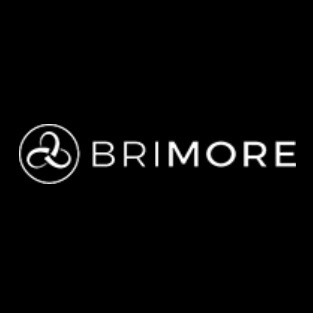Avon’s business model is widely considered to be under threat in its core US market: Q4 revenues fell 11% year on year to $1,401.7m. Net sales declined 14% to $1,323m. Active sales reps fell fell 6% year on year. One of the main reasons why Avon is struggling is the changing role of women and the changing dynamics in retail: women work more and do not stay home as they did during Avon’s heyday in the 1960s/70s. Online sales are also disrupting Avon’s peer-to-peer sales channel.
Underneath the sales pitch of cutting out middlemen – a dubious claim for a multilevel marketing scheme – and empowering communities through technology, Brimore is fundamentally betting on two things:
- It can tap into the growing market for middle class spending by women in Egypt. Latest economic data indicate that Egypt’s economy grew by 5.3% in February 2019. Although, worryingly for the economy, net foreign direct investment (FDI) fell by 24.4% during the first six months of the financial year 2018-19.
- The role of Egyptian women will change slowly. i.e. that they won’t suddenly enter the workforce, earn money independently. Egypt’s labour force participation rate for women has actually fallen in the past decade. It is currently 31%, compared to rates of 60-80% in most Western European countries and rates above 40% even for North African countries.
Trendtype believes that the Brimore/Avon model (and note that Avon already operates in Egypt) has a strong short and mid-term future because online retail penetration is low, female labor participation is low and middle class spending is driving demand for beauty and cosmetics products. But, on its current model, Brimore isn’t geared to really penetrate informal channels. It simply provides an alternative to existing sales channels, one well-suited for peer-to-peer sales by women to women. The greater opportunity in (mainly sub Saharan) Africa is a genuine digital platform to enable manufacturers to reach informal sellers in peri-urban and rural areas, where additional cost of layers of wholesalers and sub-wholesalers provide an opportunity for direct selling.










